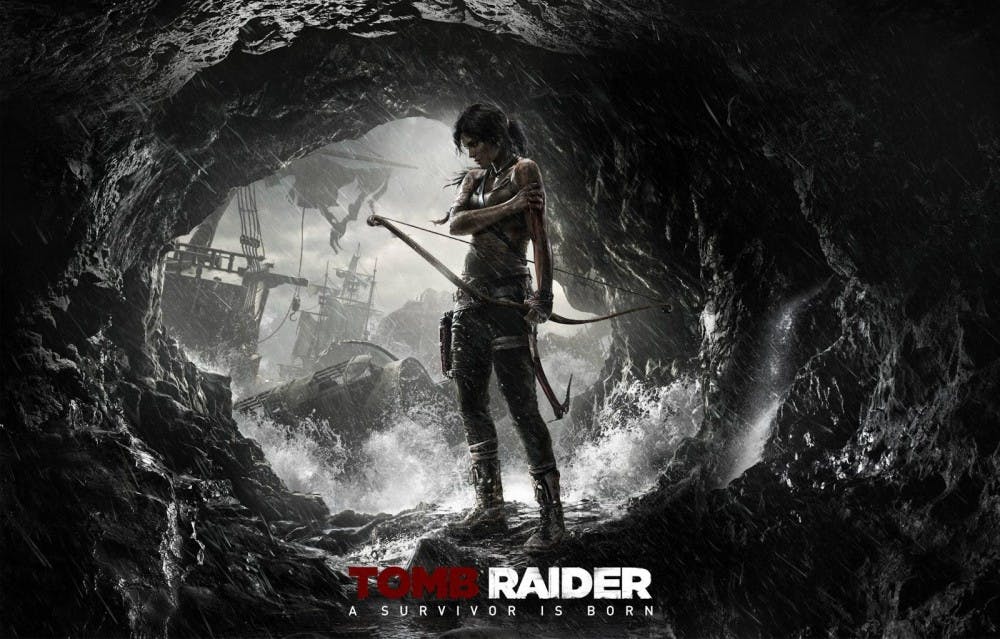Over the past 30 years, different demographics have been represented in video games in a variety of ways. For example, in Ubisoft's Far Cry 4 the main villain was implied to be a violent gay male character. Of course, African Americans in many games are almost exclusively designed with a hip-hop and "gangster" aesthetic. I’d argue that the misrepresentation of women is most contentious, however.
This is due to the (unnecessarily) exaggerated “sexualization” and depiction of damsels in distress. This is particularly true of games developed in the West.
A reboot of the Tomb Raider franchise was released in March 2013. Aside from the new game engine, a pretty new coat of paint and impressive visuals, one thing really stood out to longtime fans of the famed adventurer and newcomers alike: Lara Croft was no longer a victim to unrealistic bodily features. In particular, her chest, many fans noticed. Her redesigned character was thus met with tremendous praise.
Rebooting a well-known character with a less sexualized design is a bold move, but possibly spurred a small movement within the industry.
Some may view representation in video games as insignificant. "Keep politics out of my games", they bemoan. To them, as long as a game is enjoyable to the developer's target audience, “politics” shouldn't matter.
The depiction of certain genders, races, sexual orientations, etc. does not necessarily make any given game inherently “bad.” Yet, authentic representation in any medium is important to a majority of people due to the fact that entertainment is more visual and influential on our perception of others.
Furthermore, gamers want to be able to project themselves onto relatable characters. Women do not want to experience an entire game as a female made by men for men, rather one created to evoke emotion along with a story that can truly resonate with them. One that can portray a powerful, more human experience.
Authentic representation is hard to achieve when games push the “invincible, male power fantasy” protagonist, demoralizing women and giving them no inspirational traits for the demographic they are purportedly representing.
To be properly represented in a video game as an actually strong, relatable character is truly uplifting. Sadly, women miss out on this experience. Hopefully with the apparent trend of compelling female protagonists in so many other entertainment mediums, women can finally have the genuine representation they've been missing.



